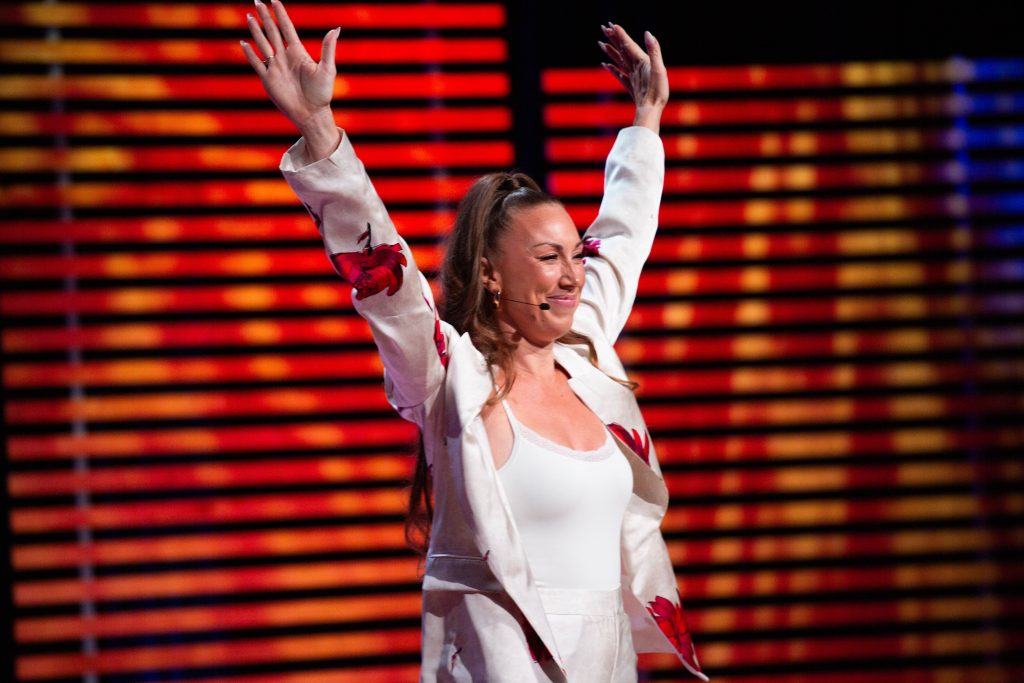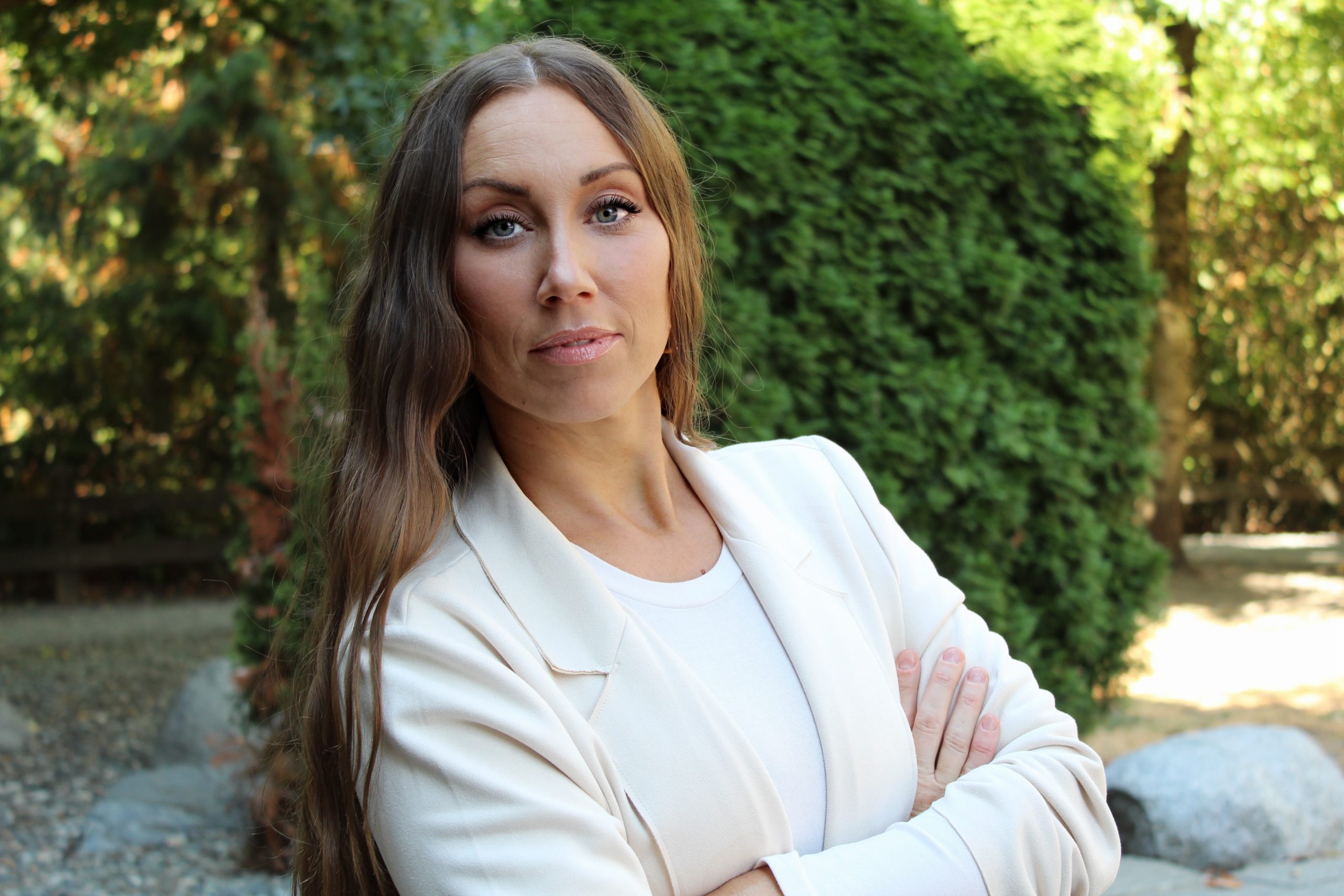Alana Moor was chasing a dream — one that shimmered with the promise of becoming a successful fashion designer and being in celebrity circles. At just 26, she was eager, ambitious, and working tirelessly for people who seemed to be able to secure her a place among the industry’s elite one day. So when an opportunity came to go to Panama with the promise of a breakthrough career afterwards, she saw it as her long-awaited chance.
But the path to her dreams was a trap.
Alana Moor was unknowingly manipulated into transporting a suitcase containing 11 kilograms of cocaine back to Toronto. Assured by powerful connections that she was protected, and unaware of the drugs hidden inside, she placed her trust in people who promised to open doors for her. Instead, she found herself in a stark, cold interrogation room in Panama, her life changed forever.
She was sentenced to one of Panama’s toughest women’s prisons — a place that would strip away not only her physical freedom but everything she thought she knew about herself and the world.
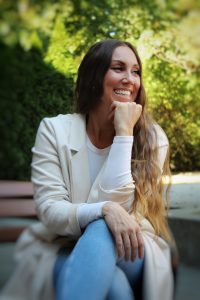
An Unthinkable Reality
Alana Moor and the woman she had traveled with were the only Caucasian women in the prison. They were an anomaly — stared at, harassed, and targeted. Guards, unaccustomed to seeing women like them, quickly made assumptions. Some pressured Alana to become their “girlfriend,” an all-too-common abuse of power inside the facility.
The overcrowding was intense: 22 women crammed into a single cell with no airflow in sweltering 100-degree heat. The stench of sweat and sewage was inescapable. Food was so unsanitary that Alana was hospitalized several times. Violence was frequent. Fights broke out often, yet there was also unity. In moments of injustice, the women stood together.
She was bullied relentlessly, especially by a guard named Flores, who seemed to take pleasure in Alana’s vulnerability. But through it all, she endured — and changed.
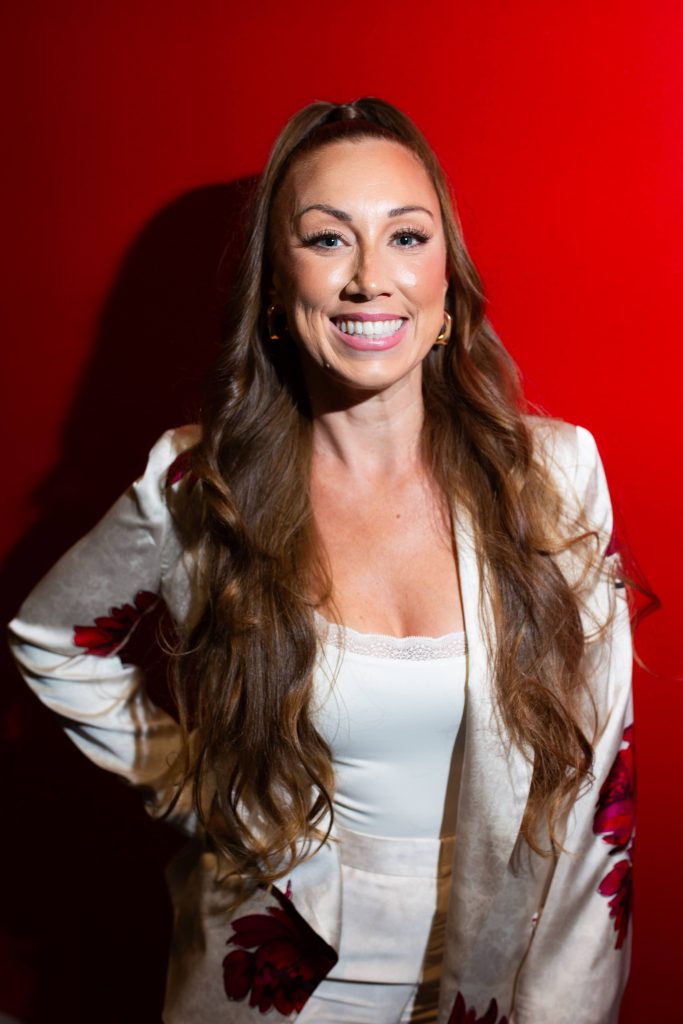
A Moment of Surrender, A Turning Point
The lowest point came a year into her sentence. After being forcibly restrained by guards and having her only connection to family — a contraband phone — taken away, Alana nearly broke. Anger consumed her. She admits she could have done something she’d never come back from. But then she came across a quote by Viktor Frankl, a Holocaust survivor who wrote:
“Everything can be taken from a man but one thing: the last of the human freedoms – to choose one’s attitude in any given set of circumstances.”
Those words reshaped her mindset. They became her lifeline.
Alana Moor began practicing radical acceptance and resilience. She learned Spanish. She stood up for herself. And during a strange prison ritual — where someone was chosen each year to dress as a clown for Family Day — she was selected. Instead of rejecting the humiliating task, she embraced it. She even used the moment to apologize, in broken Spanish, to Flores. The tension between them dissolved in a surprising moment of laughter and a hug.
“I felt free,” Alana Moor says. “Not because I was leaving, but because I chose peace.”
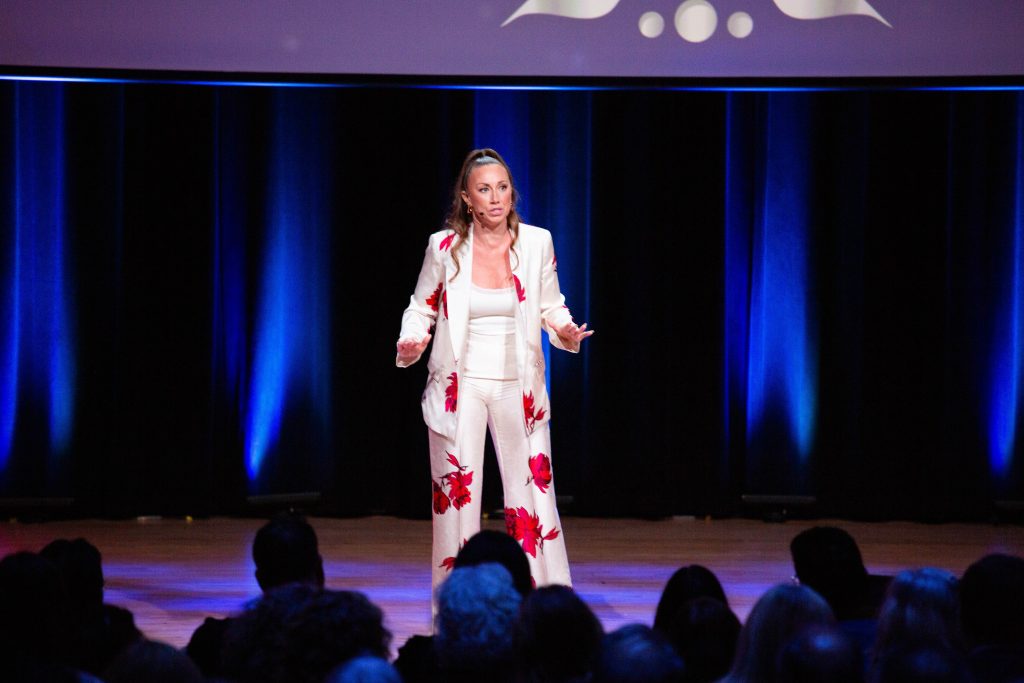
Rallying From the Outside
After 4.5 years, Alana was finally released. But the prison walls never fully left her. The trauma remained — and so did her purpose.
Today, she shares her story to inspire others. As a motivational speaker and resilience coach, Alana speaks with raw honesty about the cost of misplaced trust, the power of mindset, and how freedom isn’t defined by physical space, but by the choices we make in our darkest moments.
She also advocates for incarcerated women, many of whom face abuse and neglect with no one on the outside to fight for them.
“Prison broke me,” she says, “but it also gave me the foundation to rebuild — with resilience, compassion, and integrity. I continue to rally. Just now, I’m doing it from the outside.”
